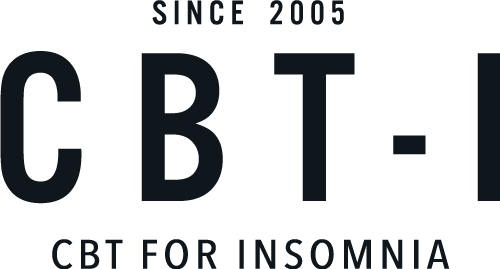More Sleep Does Not Improve Glucose Metabolism and Reduce Obesity Risk
Widely publicized claims have linked sleep loss to weight gain and diabetes risk due to impaired glucose metabolism. However, many studies have failed to replicate these findings, and massive epidemiologic evidence demonstrates a U-shaped relationship between sleep duration and obesity: long sleep and short sleep are equally associated with obesity. These studies, in conjunction with prior studies finding no relationship between sleep loss and overeating, suggest that media reports and some sleep scientists have misled the public and healthcare professionals about the relationship between sleep, glucose metabolism, and obesity.
Another study has failed to find a relationship between sleep duration and glucose metabolism. This study investigated whether 2-week sleep extension in short sleepers would improve glucose metabolism. Subjects who reported sleeping ≤ 6 hours per night were randomized to maintain their habitual sleep or extended sleep time for 2 weeks. In a group of 21 subjects, mean sleep duration during habitual sleep was 318 minutes and the participants extended their sleep by 36 minutes during sleep extension. Despite this significant increase in average sleep duration, there were no significant effects of sleep extension on any glucose metabolism parameters.
Just as many studies have not found a relationship between sleep loss and glucose metabolism, these results suggest that extending sleep in shorter sleepers is not associated with improved glucose metabolism.
